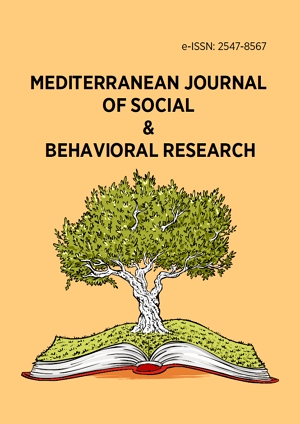Abstract
The purpose of this study was to find out the indigenous number and number sense of people in Kafa and to explore its level of integration to school curriculum. To this end, the study followed a qualitative research method which utilized ethnographic case study (embedded) design. Data were collected from 22 key participants through interview, observation, and focus group discussion. In addition, content analysis was used to investigate the level of integration of number and number sense to school curriculum. Accordingly, the study found that base six (maqoo) and base sixty (uddoo) counting systems, fractions and measurement related mathematical systems are found embedded in Kafa agricultural setting. The study further found that indigenous number and number sense of Kafa people were partially integrated in school curriculum. The implication of the finding is that there is a need to improve the existing school curriculum in a way it covers indigenous number and number sense of the people in Kafa.
License
This is an open access article distributed under the Creative Commons Attribution License which permits unrestricted use, distribution, and reproduction in any medium, provided the original work is properly cited.
Article Type: Research Article
MEDITERR J SOC BEH RES, Volume 5, Issue 3, October 2021, 41-50
https://doi.org/10.30935/mjosbr/11291
Publication date: 21 Oct 2021
Article Views: 3197
Article Downloads: 1899
Open Access References How to cite this article
 Full Text (PDF)
Full Text (PDF)